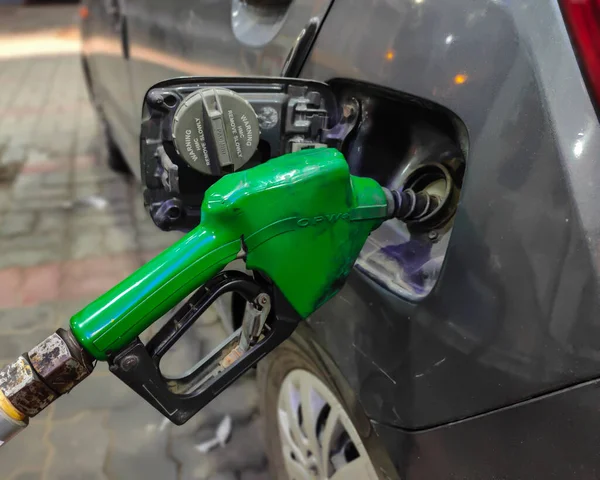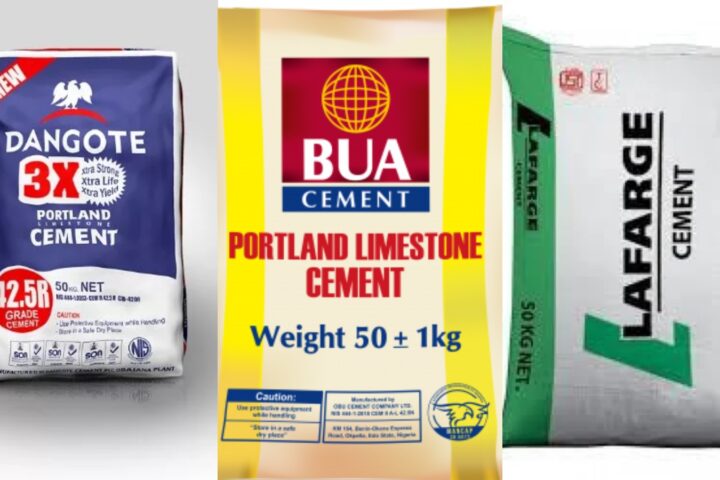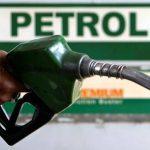Some members of the Independent Petroleum Marketers Association of Nigeria (IPMAN) are still selling fuel above the government-agreed price.
Prime Business Africa on Wednesday gathered that filling stations of independent oil marketers were selling fuel at a range between N300 and N330 per litre.
Join our WhatsApp ChannelThis is significantly above the agreed price of N195 per litre that was reached during a meeting with the Nigerian National Petroleum Company (NNPC) Limited and the Major Oil Marketers Association of Nigeria (MOMAN) and the Depot and Petroleum Products Marketers Association of Nigeria (DAPPMAN) on 31 January 2023.
Recall that the National Chairman of IPMAN, Debo Ahmed, had advised its members to shutdown operations if they can’t sell at the government-agreed price.
Ahmed explained that oil marketers buy the fuel at a higher price from private depots, compelling IPMAN members to also sell above FG’s required cost.
NNPC needs N4.27 trillion to keep fuel price low
Group Chief Executive Officer of the NNPC Limited, Mele Kyari, said it will cost Nigeria N4.27 trillion to fulfil its subsidy obligation which will reduce the cost of fuel at petrol stations.
Kyari disclosed this on Tuesday during an interview with Channels TV. He said the figure was arrived at based on the average of 63 million litres distributed daily for 365 days.
The NNPC boss stated that subsidy cost N185 per litre on every product imported into Nigeria, as the landing cost of fuel into the country is N295 per litre.
However, the NNPC sells the product at N113 to the oil marketers to maintain a uniform price across the country, “Yesterday’s data is that this product will land in this country at N295 to the litre.
“That means you have to sell it at N113 to the marketing companies so that we will be able to maintain the current subsidy regime that we’re running,” Kyari said, adding, “It means you have N185 per litre of subsidy on every product that comes into this country.
“Now, if you look at the average that we’ve done of 63 million litres January to date, and you convert it to 365 days, that means you need N4.27 trillion for you to meet the subsidy requirements for this country.”
Recall that in the 2023 budget, the Federal Government earmarked N3.36 trillion as subsidy payments between January to June 2023.
Kyari said with the difference in cost, “That means technically, the Ministry of Finance is supposed to be giving us cheques against this subsidy value on a monthly basis.”
However, he stated that: “But it’s not a real situation in the sense that we’re a company owned by the state today. We have fiscal obligations because, ultimately, whatever money NNPC makes is from fiscal obligations – taxes, royalties and margin.
“Because we have not diluted the ownership of this company, all three belong to the state today. So, the only way NNPC can do this is to hold back the fiscal obligation, so that we can use that to buy the product and come and sell it to the market.”
















Follow Us